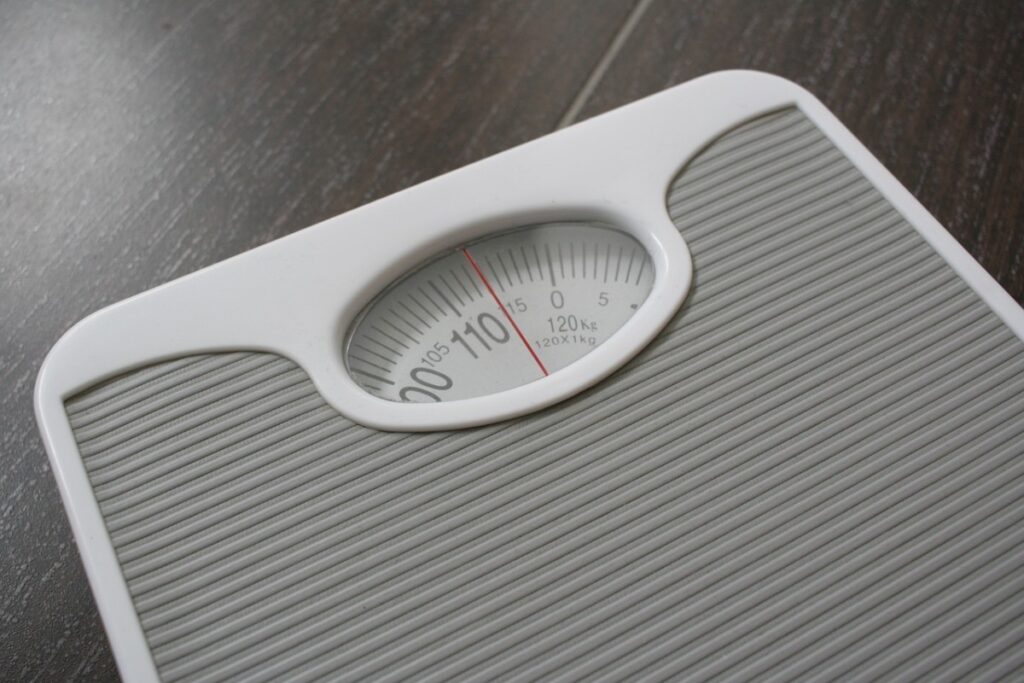Obesity is a pressing health issue affecting the United States and many other countries worldwide. The number of people suffering from obesity has increased in the past two decades, prompting many to inquire about bariatric surgeries, including the lap band surgery cost.
For individuals who have had little success with conventional weight loss methods, bariatric surgery may be seen as a viable alternative to achieve a healthier weight. If you want to explore this option, you may want to consider lap band surgery as a potential aid in your weight loss journey.
Discover the associated costs of this procedure and how it can help your overall health.
What is lap band surgery?
Lap band surgery, or laparoscopic adjustable gastric band, is a minimally invasive and reversible bariatric procedure approved by the Food and Drug Administration (FDA) in 2001.
The procedure utilizes a laparoscope or small camera to access the stomach without requiring a large incision, which could only prolong the healing process. Through this method, the surgeon can view the operation on a monitor, allowing for the precise placement of a silicone band on the upper part of the stomach.
This silicone band comes with a small tube which will then be filled with saline to tighten and adjust the band around the stomach. The goal of this procedure is to constrict the stomach, resulting in reduced food intake and subsequent weight loss for the patient.
Candidates for Adjustable Gastric Band

Like any other bariatric surgery, patients must first meet specific criteria to qualify for lap band surgery, which include:
BMI
Lap band surgery patients must have a body mass index (BMI) of 35 and above. However, in some cases, patients with a BMI as low as 30 may be approved by doctors if they meet the following criteria:
- have obesity-related conditions (e.g., sleep apnea, joint pain, hypertension, type II diabetes)
- traditional weight loss methods were ineffective (e.g., diet, exercise, weight loss medications)
Committed to lifestyle changes
The laparoscopic adjustable gastric band is helpful for weight loss, but it’s not a standalone solution for all weight issues. For long-term success, bariatric patients must adopt a healthier lifestyle post-surgery. This includes maintaining a strict diet, avoiding a sedentary lifestyle, and attending regular follow-up appointments.
Unfortunately, there are cases when patients do meet the criteria mentioned above but are deemed unfit for the surgery since they have:
- existing drug or alcohol abuse
- uncontrolled psychiatric illness
- lack of understanding regarding the potential risks and benefits of the procedure
To begin the journey towards lasting weight loss and better health, it is recommended that you consult a certified bariatric surgeon to assess your eligibility for the procedure.
Average Cost of Lap Band
To answer your question regarding the lap band surgery cost, the pricing varies depending on numerous factors, such as the location of the healthcare provider and the inclusion of insurance.
According to Obesity Coverage, the price of lap band surgery in the United States ranges from $8,700 to $29,000, with an average cost of $14,532. Prices tend to be lower in states offering more bariatric procedures, such as Oklahoma, Texas, and Nebraska. While Minnesota, Idaho, and New Mexico are estimated to have the highest lap band prices ranging from $18k to $22k.
Factors affecting lap band surgery cost
As mentioned, some factors may affect the overall cost of gastric band surgery, such as:
Location
Healthcare expenses can fluctuate significantly based on geographical location. Lap band surgery, for instance, could cost more in urban areas with elevated healthcare expenses or in states with greater demand for the procedure.
Surgeon’s expertise
Another factor influencing the cost of lap band surgery is the surgeon who performs the procedure. Generally, surgeons with more experience and expertise may charge a higher fee due to their higher demand and skill level.
Insurance
Remember that insurance coverage for bariatric surgery may differ based on the patient’s policy. Some plans cover the whole procedure, while others only cover part or none at all.
Typically, lap bands are covered if specific requirements are met, but consulting with your provider is recommended to determine coverage and potential out-of-pocket expenses.
Benefits of Adjustable Gastric Band

Weight loss outcomes following lap band surgery vary depending on individual patients and their adherence to post-surgery lifestyle changes. On average, patients can anticipate a 40% reduction in excess weight over two years.
Other advantages to the laparoscopic adjustable gastric band procedure that should be considered are:
Minimally invasive
As a laparoscopic weight loss procedure, patients undergoing this surgery can anticipate fewer complications, shorter hospital stays, and quicker recovery than bariatric surgeries requiring cutting, stapling, and stomach rerouting.
Reversible
Designed for long-term use, the lap band can be removed anytime. Usually, band removal in exchange for other bariatric procedures is recommended if patients had:
- inadequate weight loss
- significant weight regain
- band intolerance (e.g., nausea, vomiting, difficulty, or pain after eating)
Low risk of nutritional deficiencies
Lap band surgery is designed to limit the stomach’s capacity and food intake, which won’t affect the absorption of nutrients in any way. Developing nutritional deficiencies may lead to symptoms like hair loss, fatigue, muscle weakness, and diarrhea.
Improved quality of life
The primary objective of weight loss surgeries is to enhance the quality of life of individuals besides shedding pounds. Lap band surgery can boost patients’ confidence and enthusiasm to participate in physical activities, which they might have avoided earlier due to their weight.
This can lead to better physical fitness, improve mental health, lower stress levels, and enhance sleep quality.
Conclusion
Lap band surgery can be an effective option for individuals struggling with obesity and looking to achieve a healthier weight. This minimally invasive and reversible procedure is a viable alternative to traditional weight loss methods. Nevertheless, it is crucial to consider the possible risks and costs before determining whether lap band surgery is the right choice for you.
If you are interested in exploring this option, consult a qualified healthcare provider to learn more about this procedure’s benefits and drawbacks and if it suits your specific needs.

